Genetically modified foods are becoming a hot topic in America, many nations like Europe are refusing to buy modified food from the United States. A GMO is an organism that has been modified in a lab to introduce DNA to another organism.
Even though GMO’s have been around for a long time, many people don’t know they are consuming them. This is why there are ongoing efforts to require mandatory labeling in the United States.
Dairy Products
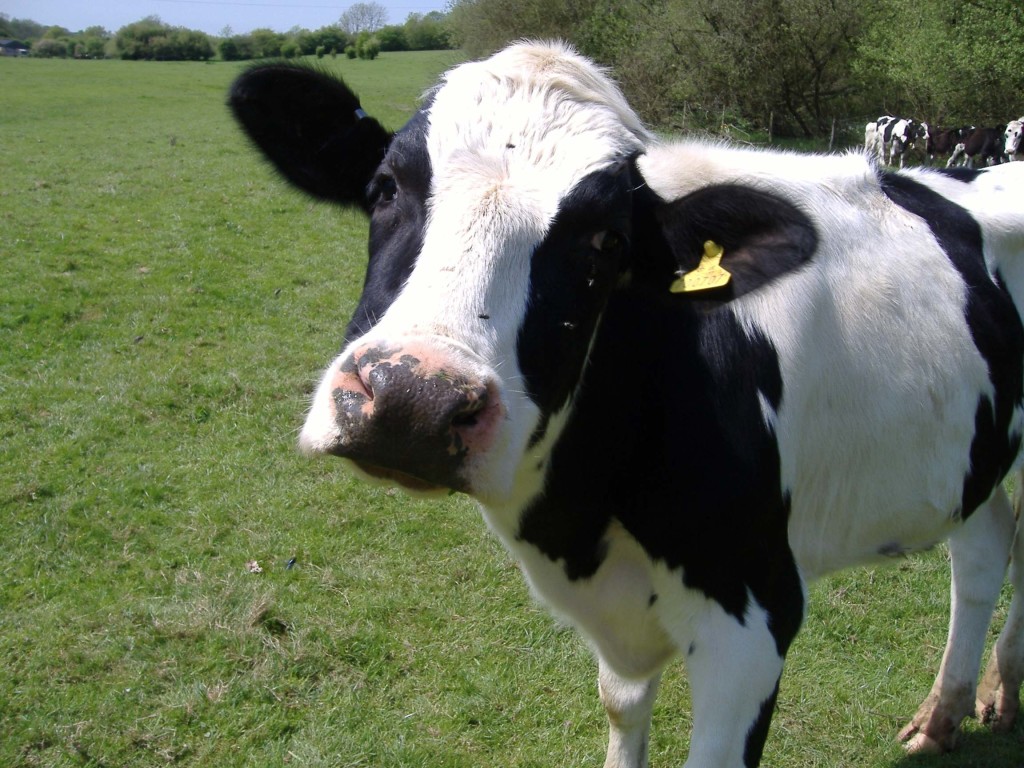
Photo courtesy of saawinternational.org
Five years ago scientists modified cows in order to produce milk that would be safer for children to consume. Three out of every ten babies are allergic to cow’s milk, which is the base in most formulas. These GMO are not yet on the market, but scientists modified cows to increase their production of milk by 10%.
Carbonated Soft Drinks

Photo by Stéphane Pompougnac
Soda is most likely the way to include a GMO into your system. Even though the United States consumption of soda has declined, it is still the fourth most popular drink in the country.
Canned Soup
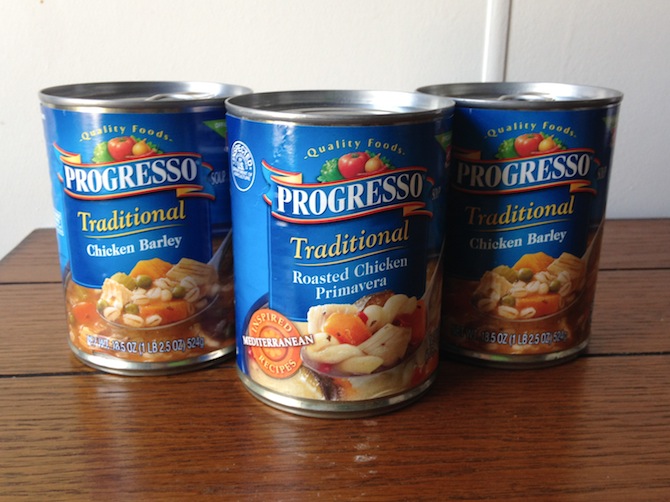
Photo by Kelli Haugh
Pre-made soups contain a large number of ingredients that contain GMOs. For example, Campbell’s Tomato Soup contains high fructose corn syrup. Nearly 88% of corn grown in the US contains GMOs and corn are in many canned soups.
Potatoes
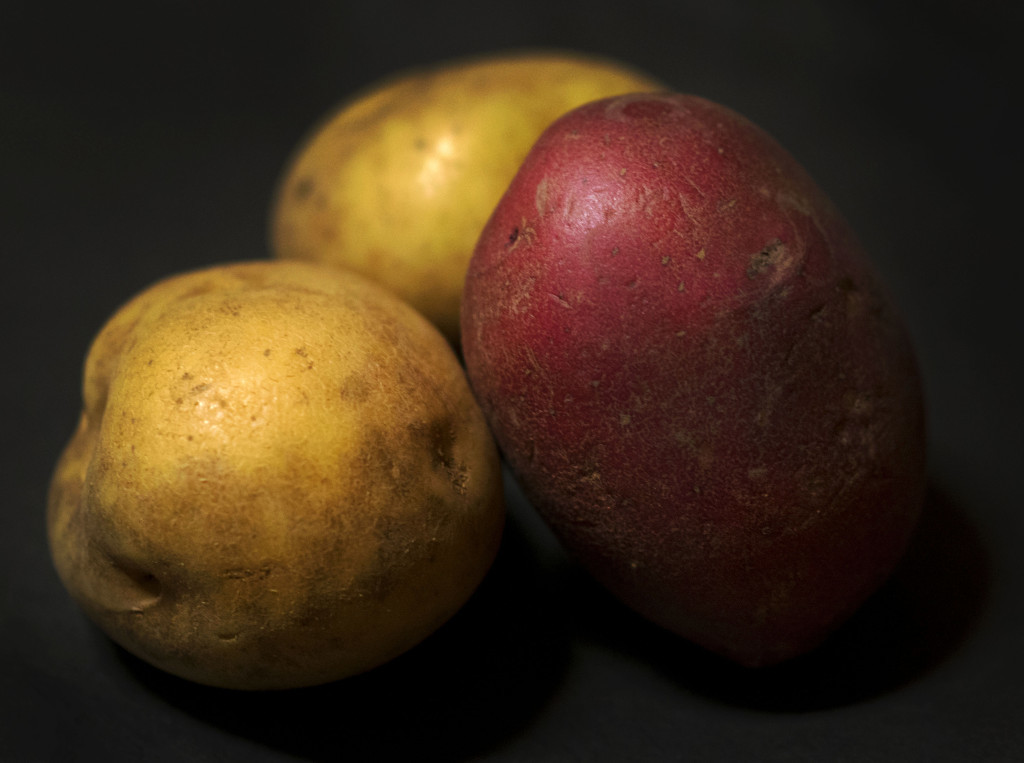
Photo by Mischa Rajendiran
Scientists are beginning to develop potatoes that are genetically modified to be grown and sold as starch potatoes. Today about 10% of the potatoes at the grocery store are genetically modified.
Papaya
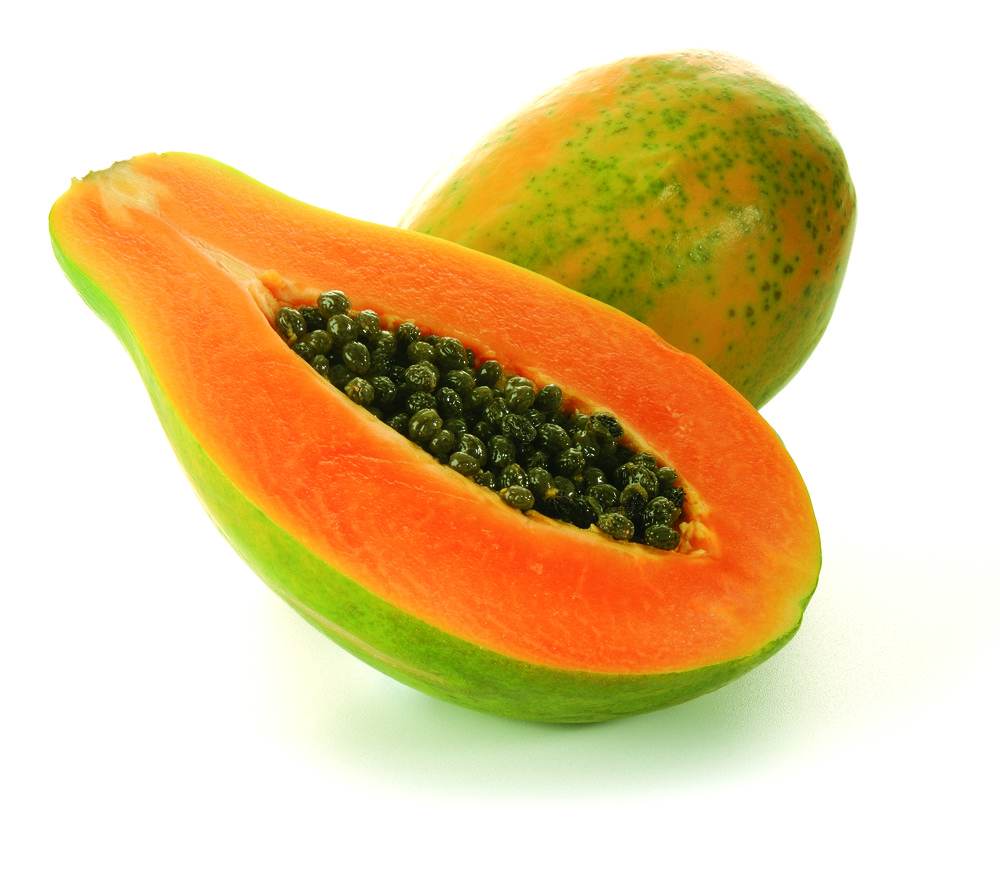
Photo courtesy of dreamatico.com
Before 1980, the ringspot virus was a big problem for the Hawaiian papaya industry, until they started to experiment with genetically modified versions, that were immune to the virus. Currently the United States and Canada are the only countries that allow the sale of these papayas.
Sugar
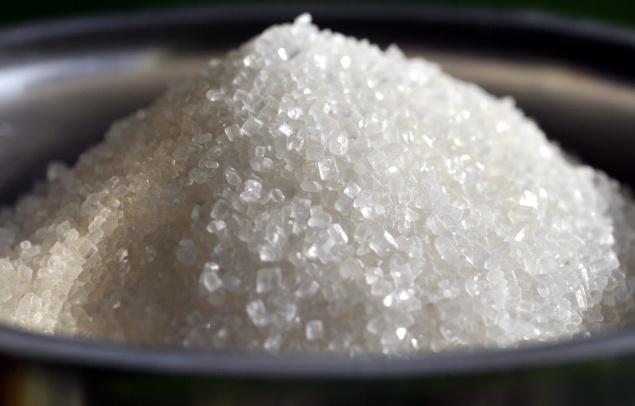
Photo courtesy of huffingtonpost.com
In 2009 genetically-modified sugar beets were introduced to the United States market. These beets, like corn, were modified to resist Roundup.
Honey

Photo courtesy of huffingtonpost.com
In Germany, scientists found that as much as one-third of the pollen in Canada came from GM rapeseed. This means that any honey that is coming from Canada potentially is a genetically modified food.
Soy
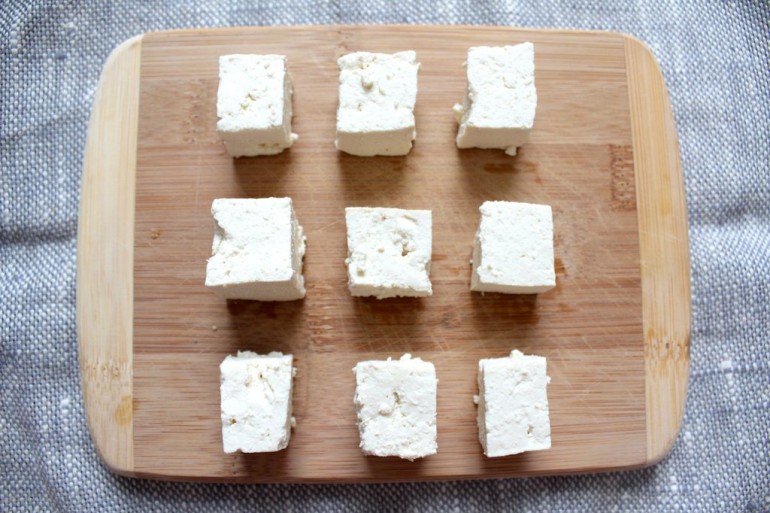
Photo by Katie Walsh
Soy is one of the most heavily modified crops. In 2007 more than half of the world’s soy was made up of genetically modified strains. The most common modification is increasing its resistance to insects and fungus.
Canola Oil

Photo courtesy of oil-press-machine.com
In Canada, more than 80% of the canola crops are genetically modified. The reason is to have easier weed control, larger crops, and lower pesticide use. With this modification brings up the concern that the GM seed could transfer its resistance to pests around it.


